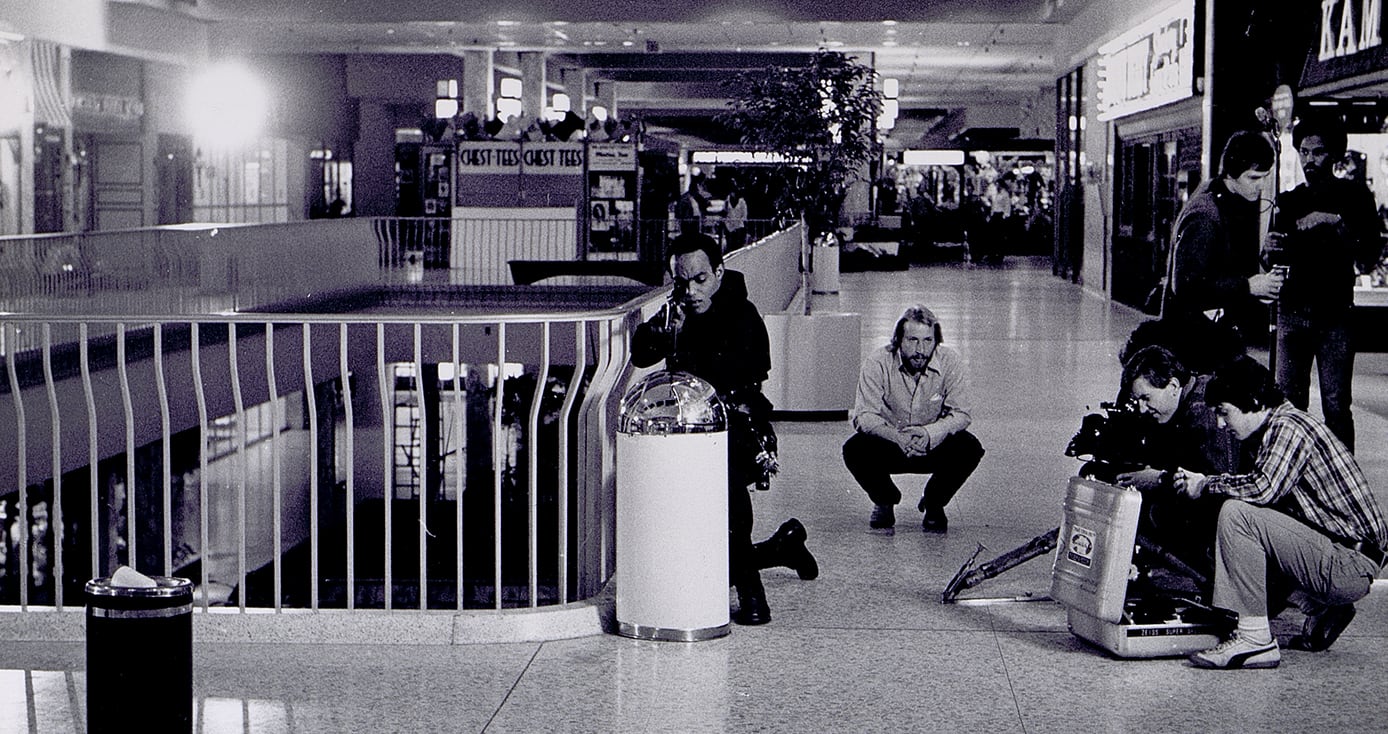COLLECTION
THE GEORGE A. ROMERO COLLECTION
UNIVERSITY OF PITTSBURGH LIBRARY SYSTEM ACQUIRES GEORGE A. ROMERO COLLECTION
The University Library System (ULS) at the University of Pittsburgh has acquired the archives of the late filmmaking pioneer George A. Romero.
The collection is composed of three separate archives belonging to his widow Suzanne Desrocher-Romero, daughter Tina Romero and business partner and friend Peter Grunwald. Beginning in 1968 with “Night of the Living Dead,” Romero revolutionized the horror genre, infusing it with intelligence, humor, social consciousness and, of course, unforgettable scares. His overall contributions will soon be accessible to allow scholars, students, filmmakers and fans worldwide to trace Romero’s projects from inception to completion.
“On behalf of the George Romero Estate and the George A. Romero Foundation, we are pleased that George’s archive is where it belongs — at the esteemed University of Pittsburgh University Library System and the great city of Pittsburgh,” Desrocher-Romero said. “We are excited to help contribute to the advancement of George’s legacy as an icon and a filmmaker.”

FROM SCRIPT NOTES TO UNPRODUCED SCREENPLAYS
The collection of personal and professional materials from George Romero spans the past 50 years or more. It ranges from screenplays (both produced and unproduced) along with
Highlights of the George A. Romero Collection include:
- The original annotated script for the 1968 classic “Night of the Living Dead.”
- Romero’s unproduced adaptation of Edgar Allan Poe’s “Masque of the Red Death.” The script describes one scene: “Psychedelic images flash all around. Another CHEMICAL ORGY is in progress.”
- Photographs from the set of “Dawn of the Dead.”
- A foam latex zombie head.
"When my dad came to Pittsburgh as a student at Carnegie Mellon, he never would have imagined that one day the city would be known as ‘The Zombie Capital of the World." said Tona Romero. "I’m so excited for people to discover some of the treasures I grew up with.”
“George was a natural teacher,” said Grunwald. “He would have loved knowing that his collection would be used to educate and inspire future generations.”

BUILDING A HORROR STUDIES ARCHIVE
Using the George A. Romero Collection as a foundation, Pitt’s ULS intends to establish an international scholarly resource for the research and study of horror and science fiction, which will build upon the existing strengths within Archives & Special Collections. A multimedia exhibit will be open to the public and located on Hillman Library’s third floor, which is now undergoing a modernization that is expected to be done in 2020.
The Romero Collection will be complemented by ULS’s growing treasure of full runs of major science fiction pulp titles; thousands of science fiction paperbacks from the 1960s–80s; hundreds of comic books and fanzines; programs from stage performances of horror and science fiction plays; and film scripts from Romero’s contemporaries, including John Carpenter and Wes Craven as well as authors Stephen King and Clive Barker.
The department’s rare book collection also contains a selection of fine press editions of seminal works such as “Dracula,” “Frankenstein” and “Dr. Jekyll and Mr. Hyde,” as well as early hardcover editions of several important science fiction and horror titles. Romero will be among friends.
“With the addition of this truly unique collection, Pitt’s University Library System continues to distinguish itself in the depth and breadth of its research resources — all to the benefit of an ever more inclusive community of scholars — in Pittsburgh and around the world,” said Ann E. Cudd, Pitt’s provost and senior vice chancellor.
Kornelia Tancheva, Hillman University Librarian and ULS director added: “This is a major achievement for the Archives & Special Collections at the ULS, the University of Pittsburgh and the city. It will position us as an important player in the ongoing city-wide celebration of the work and life of George Romero, and we look forward to collaborating with the Romero Foundation and the individual donors as we build a horror studies archive.”
Processing of the Romero Collection begins this summer with a team that includes Pitt film and media studies graduate students. Pitt and ULS will also celebrate the Romero Collection with activities this fall. Check the collection’s website for updates.
“George’s contributions to filmmaking in Pittsburgh, to horror as social and political cinema, as well as to the independent film tradition, are unmatched and transformative,” said Adam Lowenstein, professor of English and Film and Media Studies at Pitt and a Romero Foundation board member. “This remarkable collection will allow his achievements to be seen through a revelatory lens that sheds light not only on an individual career, but on crucial issues in film and culture.”
SUBSCRIBE TO OUR NEWSLETTER.

The George A. Romero Foundation (The GARF) is a 501c(3) non-profit organization dedicated to honoring George’s life, art, and cultural impact by restoring and preserving his portfolio and legacy, and supporting the dreams and imaginations of independent filmmakers, artists, and writers inspired by George.
Copyright © 2024 George A. Romero Foundation